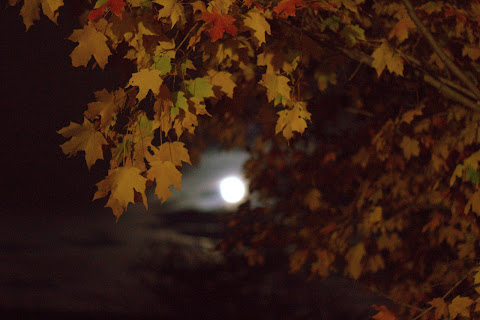Abstract? - Sandow:
Often people say that classical music -- instrumental music -- is abstract, and therefore not easy to understand. Thus, as one commenter said a few days ago, it can't be compared to baseball and movies, which aren't abstract, and therefore are things that people can readily understand. To understand classical music, by contrast, takes education. And preparation.
But I don't think this is true.
And I generally agreed, posting the following:
I certainly wouldn't have talked about "abstraction" as being a differentiation between Music and Baseball. I merely commented that in Baseball, all the players are playing the same basic game. In classical music, orchestras don't necessarily play the same stuff, so comparisons between orchestras can be more apples-oranges than comparisons between sports teams. It doesn't matter what any particular piece is, it is the fact that if one orchestra plays Takemitsu and the other doesn't, than one can't necessarily rate them against each other when it comes to Takemitsu.
The abstraction comment is a bit off, and you're right on the Wagner-Brahms, but it goes a bit earlier than that to Berlioz as the one who most developed the early "Tone Poem". Beethoven hinted at it in the Pastoral, but insisted these notes in the score were mere suggestions and it isn't necessary to envision brooks and picnics and a storm and a sunset (or centaurs and bacchus and zeus in the Disney version) to hear the Symphony 6 as Beethoven intended. By contrast, Berlioz's work demands that the listener understand the plot he is presenting in the score. Bernstein once commented that there's really only one piece of Berlioz's in the rep that *doesn't* have some literary attachment to it.
In spite of Schumann, Brahms and Bruckner (the latter two did produce a Mass or two) and their history of non-program music, the 19th century was far more associated with literary arts than not. And not just in Opera, as many instrumental works of Berlioz and Mendelssohn through to Debussy, Sibelius, and Strauss can attest. Work after work that follows a plot (Night Ride and Sunrise, Alpine Symphony, Sorcerer's Apprentice, all the way to Schoenberg's Transfigured Night) or paints a vivid picture (Oceanides).
For all of his abstractions, for all of his aesthetic claims that "music can express nothing", even Stravinsky wrote far more music with a non-musical and plot-driven association (be it ballet, theater, or religious) than he did "abstract" pieces like Concerto for Piano or Symphony in Three Movements.
I often refer to a Mahler symphony as "film music for which I don't have the emotional baggage of having actually seen the damn film". If one can't glean a plot of some type out of the Tragic Symphony, one isn't trying (or one is explicitly trying not to, which is also an acceptable way to listen to Mahler).
![[livejournal.com profile]](https://www.dreamwidth.org/img/external/lj-userinfo.gif) dawntreader90 )
dawntreader90 )
